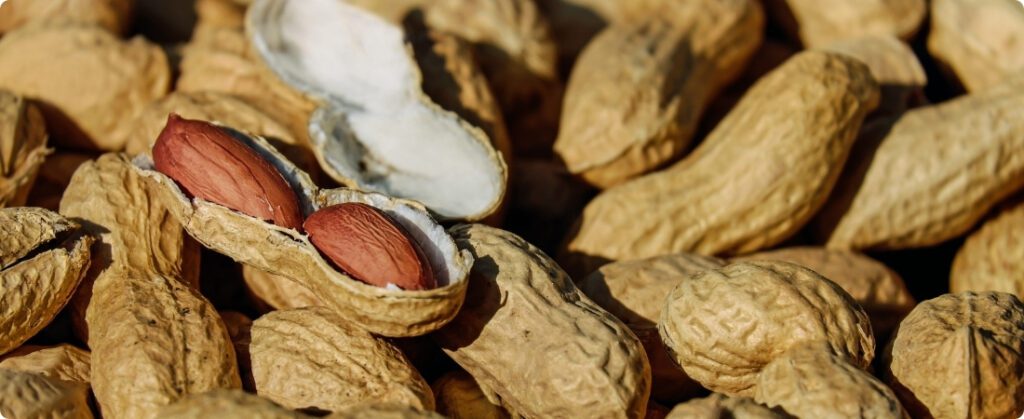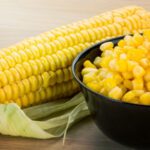
Between the days April 9th and 11th, 2025, Aboissa was present at the International Peanut Forum, held at the hotel Barceló Seville Renaissance, in Seville, Spain. The event, which takes place every two years, is the main international meeting of the peanut sector, bringing together industry leaders, producers, researchers and representatives from several countries. This edition was marked by participation record, reflecting the global strengthening of the peanut chain.
One of the themes of the event was the vision of peanuts as a product that unites tradition and innovation, represented by the metaphor of being at the same time a “anchor” and an “adventure”. As an anchor, peanuts evoke the consumer's emotional memory, present in traditional festivals, children's sweets, classic snacks and recipes that span generations — a food with a strong cultural and emotional connection. As an adventure, it symbolizes the constant reinvention of the sector: it is at the center of innovative launches, with new formats, creative packaging, functional ingredients, versions plant-based, protein snacks and even cosmetic and pharmaceutical applications. Even in a rapidly changing world, peanuts are positioned as a versatile and modern food, aligned with the main trends of health, sustainability and gastronomic experimentation.
More than an agricultural product, peanuts are a social symbol, inserted into everyday eating practices, celebrations and collective habits that help shape regional and national identities.
Global trends and international market challenges
The forum also highlighted the application of artificial intelligence (AI) in agribusiness. In one of the most provocative talks, the idea was defended that we should make AI work with us, and not only for us — seeking creative solutions, personalized customer service and efficiency improvements throughout the production chain.
The international scene was one of the event's strong points. China, the world's largest consumer of peanuts, has been changing its cultivation areas, migrating plantations to more strategic regions such as the northeast and northwest (including Xinjiang), as part of more efficient agricultural planning. The country remains focused on crushing peanuts for the production of oil, which represents 55% to 60% of its total consumption — and this consumption is seasonal, with peaks on holidays and commemorative dates.
Furthermore, by 2024, more than 90% of peanuts imported by China came from African countries such as Nigeria, Chad and Malawi, creating a new trade flow. This change represents a window of opportunity for Brazil and Argentina, especially in light of the trade instability between China and the US. The topic of tariffs between these two giants was treated with caution at the event, as the real impacts on US exports to markets such as Mexico and Canada are not yet known.
In this scenario, the global supply and demand challenges were highlighted: many producing countries recorded good harvests, increasing global production, but demand is not keeping up with this pace. Although there is an expectation of a drop in prices, Melinda Rodrigues, our peanut specialist, warns that it may not be as significant as buyers expect.
Opportunities and Brazil's leading role in the sector
In the Brazilian context, optimism was present. The estimate for the 2025 harvest is 1 million tons, something unprecedented for the country. At the beginning of the year, there was talk of a “super harvest”, but the volume was impacted by excessive rains in March and April. Even so, the performance is better than last year. Production, previously highly concentrated in São Paulo (accounting for around 80% of the total), has been expanding to states such as Goiás, Mato Grosso, Mato Grosso do Sul and Minas Gerais, led by soybean producers who have the structure and capital to diversify their crops.
Another point that strengthens the Brazilian scenario is the use of agricultural land: currently, only 7% of the national territory is used for food production, while vast areas are still used for livestock farming. This reality paves the way for the conversion of pasture areas into agriculture — a more sustainable and productive strategy. Projections indicate that Brazil will be responsible for 41% of increased global food production by 2050.
Nutritional innovation and strategic opportunities
Another highlight of the event was the lecture by The Peanut Institute, one of the most respected institutions in the world when it comes to peanut science and nutrition. The organization shared recent research on the benefits of peanut consumption in areas such as cardiovascular health, glycemic control, brain health, child growth and male fertility. The institute also drew attention to advances in the extraction of peanut protein and peptides, which have promising applications in the industries of wellness and pharmaceutical, segments with high added value.
Amid trade wars, cultural shifts and global economic instability, the event reaffirmed that “in the midst of chaos, there is also opportunity” — a vision that inspires Aboissa to continue following the transformations in the sector, fostering strategic partnerships and contributing to the development of a more sustainable global chain that is connected to the future.















